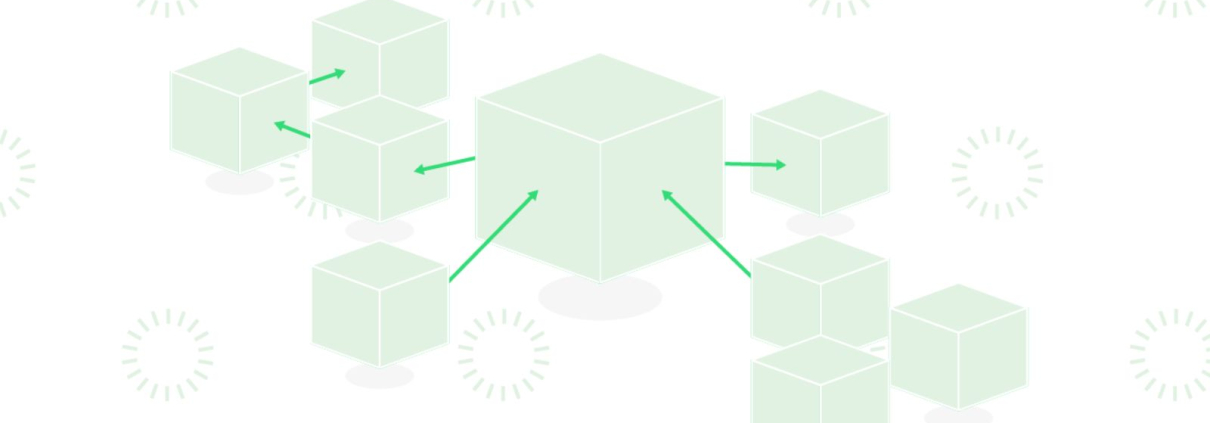Semantic interoperability in data spaces
In the dynamic environment of the European energy sector, initiatives like DATA CELLAR are pioneering the way forward, aiming to create energy data spaces that support the development of local energy communities. However, navigating this landscape efficiently requires a common language, a shared semantic framework that ensures seamless data interpretation and interoperability.
In this article, we delve into the insights provided by the International Data Spaces Association (IDSA) in their recent position paper on “Semantic Interoperability in Data Spaces”, exploring key concepts and their implications for projects like DATA CELLAR.
Understanding semantic interoperability
In the data economy, as well as in any other life situation, having a common language is essential to avoid misunderstandings. Semantic interoperability ensures that data shared across disparate systems is not just understood but interpreted accurately and consistently. This is, to preserve data semantics consistently, even across independently developed systems with different technical implementations.
One of the key aspects of semantic interoperability is the use of vocabularies, acting as dictionaries for the data economy. These standardised sets of terms establish a common language that everyone within the data ecosystem can understand, eliminating ambiguity and ensuring consistent information across different systems and contexts. IDS Reference Architecture Model (IDS-RAM) emphasises the role of a vocabulary provider in managing and offering these vocabularies, making them machine-readable and easily accessible.
Standardisation and collaboration
Standardisation is key to achieving interoperability across the ecosystem. The IDS Information Model acts as a universal language that all IDS components share. Within the IDS framework, it establishes common concepts, data structures, and standards that facilitate data exchange and interoperability between different systems and components. However, specific domains may require additional, context-specific terms, leading to the use of domain-specific vocabularies. The collaborative space provided by the IDS vocabulary hub fosters semantic interoperability by enabling users to learn, customize, and publish vocabularies.
At the EU level, initiatives like the Interoperable Europe initiative, which includes the SEMIC (Semantic Interoperability Community) action, are driving efforts to promote semantic interoperability, particularly by DG DIGIT. SEMIC creates tools to facilitate relevant and smooth cross-border and cross-domain data exchanges for European public administration. The interchange of data between public administrations across EU member states is necessary for the provision of digital cross-border public services. Such interactions are fundamentally made possible by semantic interoperability. With that, the European Commission’s proposal for the Interoperable Europe Act (IEA) seeks to strengthen cross-border interoperability and cooperation, addressing limitations in the current landscape.
Looking ahead
As we look into the future, the exploration of semantic interoperability in data spaces remains dynamic and evolving. Collaborative efforts, such as expert workshop series and online forums, play a vital role in refining requirements and identifying best practices. Addressing the need for standaridisation is crucial, ensuring a robust foundation for interoperability and fostering transparency and efficiency for all stakeholders involved.
Semantic interoperability is not only a technical requirement but a foundational element for the success of projects like DATA CELLAR. By embracing standardised vocabularies, fostering collaboration, and advocating for standardisation, we pave the way for a future of seamless data sharing and collaboration in the fast-growing landscape of data spaces.
With the complexity of data ecosystems, semantic interoperability serves as the basis for efficient data sharing and utilisation. By implementing standardised semantic models and vocabularies, organisations can ensure that data is not only understood but also utilised effectively across various systems and domains. As projects like DATA CELLAR continue to evolve, the insights provided by IDSA’s position paper offer valuable guidance for navigating the landscape of data interoperability and fostering innovation in the European energy sector.
Read all the details of the IDSA position paper here.





